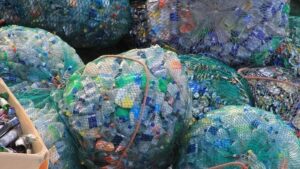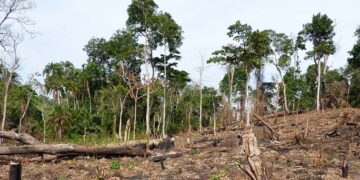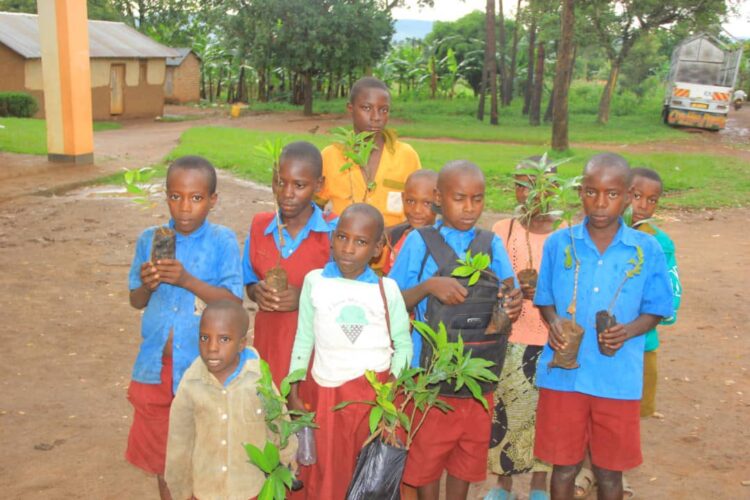By Ahirirwe Leticia,
OPINION
On June 5, the world pauses to observe World Environment Day, and this year’s theme; “Ending Global Plastic Pollution” could not be more urgent. Plastic, once hailed as a miracle of modern convenience, has become one of the greatest environmental threats of our time. It clogs our oceans, chokes wildlife, leaches chemicals into our soil and food, and litters even the most remote corners of the Earth, from the Arctic to the deepest ocean trenches. We are producing more plastic than ever before, over 430 million tonnes a year and less than 10% is ever recycled. The rest ends up in landfills, incinerators, or worse, our ecosystems. And as microplastics infiltrate the air we breathe, the water we drink, and the food we eat, we are only beginning to understand the long-term consequences for human health.

Ending plastic pollution is not just an environmental imperative, it’s a justice issue. Low-income communities, especially in the Global South, bear the brunt of plastic waste exported from wealthier nations. Coastal communities are losing livelihoods. Children are growing up surrounded by garbage that should never have existed in the first place.
This World Environment Day should not be another round of symbolic cleanups or well-meaning pledges. It must mark the beginning of a systemic shift, away from a throwaway culture toward a circular economy that prioritizes reuse, redesign, and responsibility. Governments must step up: ban single-use plastics, hold corporations accountable for the full lifecycle of their products, and invest in waste management infrastructure that works for people and the planet. Corporations, especially those in the packaging, fashion, and food industries, must stop hiding behind greenwashing and start innovating with purpose and transparency. And yes; individuals have power too. Every bottle refused, every reusable bag carried, every conversation sparked, adds up. We cannot wait for perfect solutions from above. Change starts at the grassroots, in our homes, our schools, our shopping habits.
Plastic pollution was created by humans. It can be ended by humans. Let World Environment Day 2025 be remembered not as another day of reflection, but as the moment the world united with the will to break free from plastic.
The planet deserves nothing less.








































